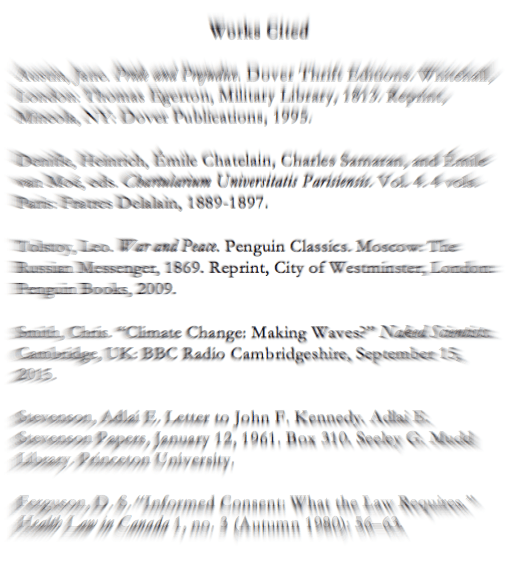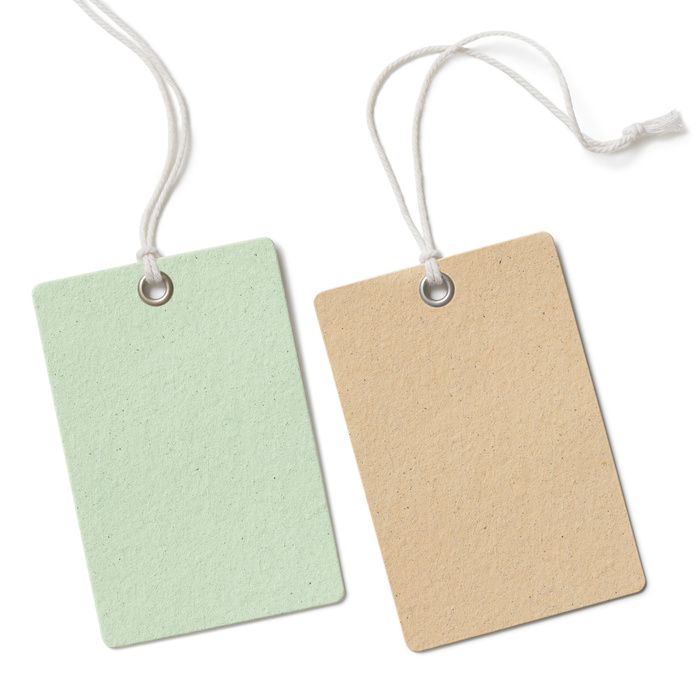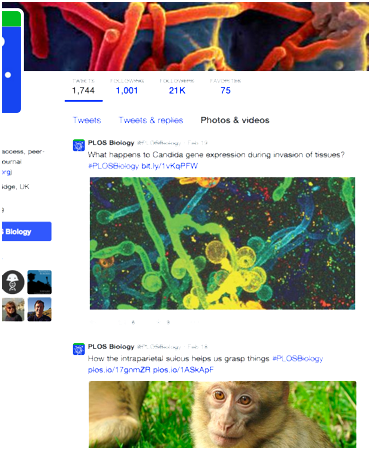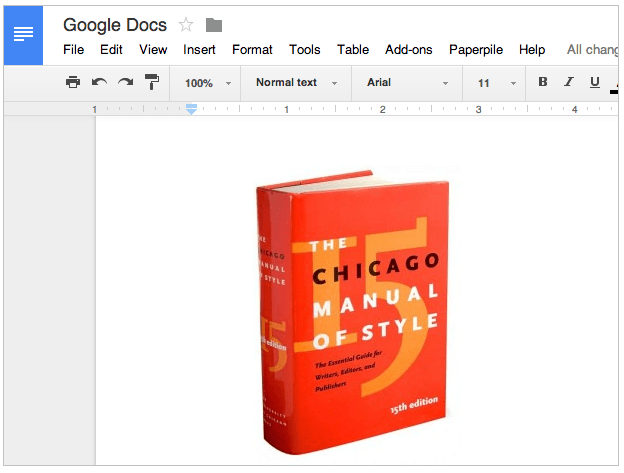Cite everything - with confidence

With Paperpile, citing journal articles and books has always been simple and straightforward. However, over time our support forum and inbox filled up with questions like: “How do I cite a medieval manuscript?” or “How do I cite an ISO standard?”.
We’ve updated Paperpile’s data model with two goals in mind: (i) remove any limitations and allow users with advanced requirements to correctly store and cite any research material they want and (ii) keep things simple and don’t introduce complexity for anyone else.
We also added support for citations in other languages than English. For example, a German student can write a Bachelor’s thesis in German and reformat citations and the bibliography with one click to submit it to an English language journal. Here are all the details.
What's new with labels?

With the latest update of Paperpile it’s even easier and more flexible than ever to label your papers. If you are a power user of labels and have dozens or even hundreds of labels in your library you should not miss this post.
Bring more science to Twitter with Paperpile

There can never be enough science on Twitter. Following user requests and discussions on our forum, we’ve now added a way to quickly share papers on Twitter (and Facebook and Google Plus). Read on to learn about the new feature and other improvements we’ve made to sharing.
Why web startups for researchers should charge their users

Last week Impactstory announced their new paid subscription model. Changing a service from free to paid is a big step and there was some discussion on Twitter about it. We decided from day one to run Paperpile as a paid subscription service and only had good experiences with this model so far.
We are lucky to be in a position where we don’t have to write this post to convince our users that paying for Paperpile is a good idea. They found out by themselves. But we want to take the opportunity to share our experiences and encourage other startup companies in our space to follow the example of Impactstory. We’ve found that charging for our product is good for us and our users. Here’s why.
Improved Google Docs citations with Paperpile

When we started Paperpile at the end of last year, our goal was to make Google Docs a first class tool to write academic papers. Earlier this year, we were excited to see the first papers that were entirely written in Google Docs and Paperpile to be accepted for publication. Students have written their thesis with Paperpile and we know of users who have started writing books in Google Docs.
However, some missing features made it hard for some users to fully switch. With some recent additions to Google Docs and Paperpile, these limitations are gone. 5 key updates make it easier than ever to use Google Docs to write your next report, paper, thesis or book.